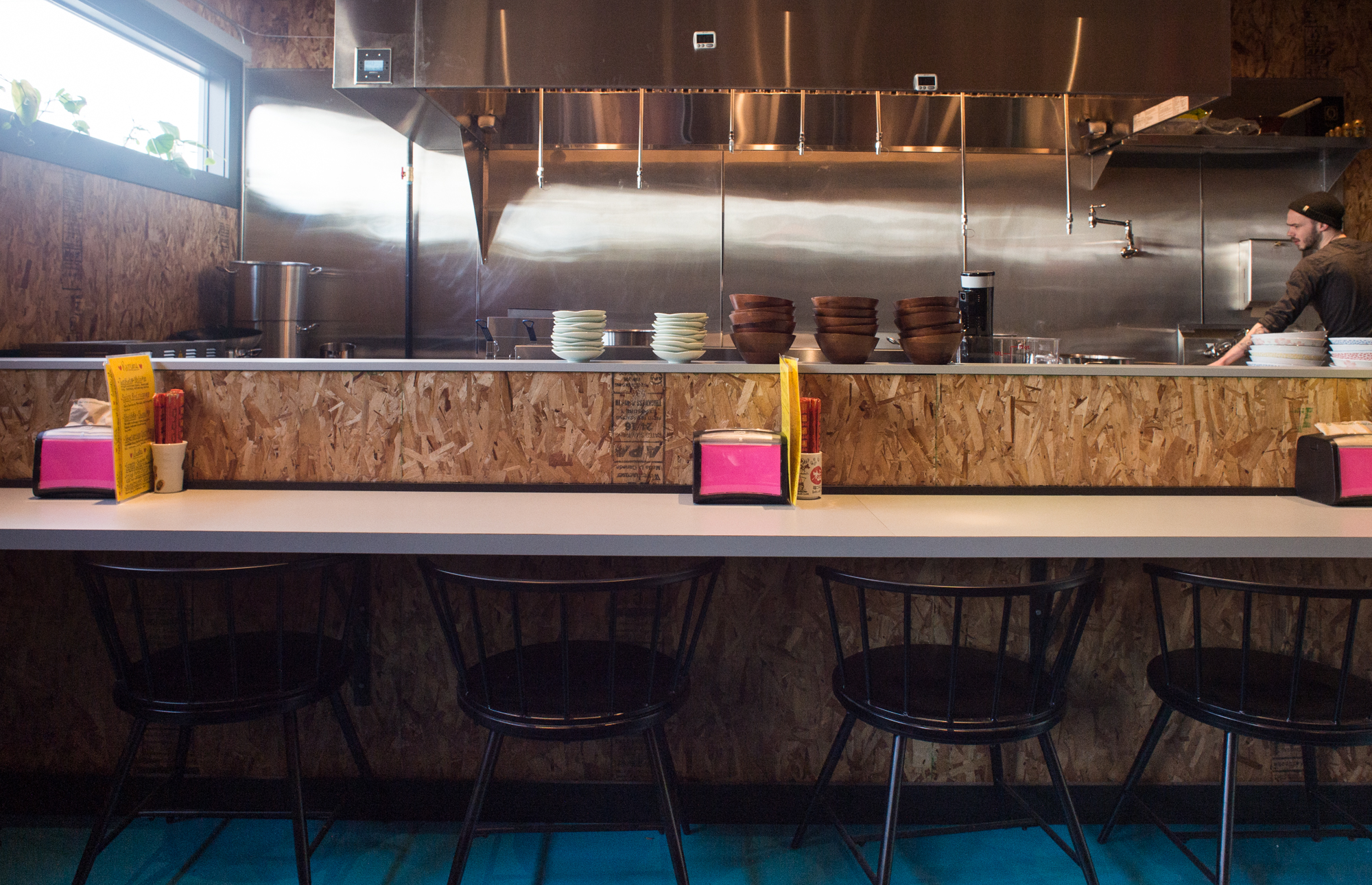
What does the “classic In-N-Out style” mean to you? Every top 10 market has the new chicken, the new burger, the new this, but then you’ve got this drive-through wasteland, with all of this infrastructure coming onto the market. I had fun with LBB, and fast-casual sort of came to critical mass.

You have other burgers, but they weren’t like the classic experience in your mouth, with the ratio of lettuce, onions, pickles, tomatoes. Little Big Burger was kind of like a mini fast-casual bistro burger. This style of burger- the classic In-N-Out style-didn’t exist in Oregon, on an accessibility level, before us. Any neighborhood I’ve ever gone into, I didn’t go to play nice. The manager from Taco Bell across the street came over, because they’ve taken a visible hit as well. The Burger King across the street … that place is done. I’ve been open a month, and our slowest day was $12,000. It’s a dying brand, they’ve got 140, 150 locations. That’s categorically the norm for Taco Time. When I took over the existing Taco Time, they were averaging $500 a day in sales. So in my mind, I’m thinking, "Great, I’ll follow in the footsteps of giants"-kind of what I’ve done all over the board-and I’m like, "Do you prefer Stumptown or do you prefer Starbucks?” Starbucks hasn’t seen this level of growth since the beginning. They’ve seen massive growth, because every time a Wendy’s drive-through closes, they go in, paint it black, absorb all that infrastructure, and open a latte take-out window. The only company that’s been capitalizing on this is Starbucks. And in Multnomah County, you can't build drive-throughs anymore. But these businesses with drive-throughs signed 20- or 30-year leases, so they've got these little carved-out spaces at prime locations throughout the city everything has developed around them, but these long leases kept them in a sort of preserved state. We caught up with the micro-chain tycoon for a little insight into his first, freakishly successful month.Īt a time when fast food is in rapid decline, why open a drive-through burger place?įrom a nationwide brushstroke, you’ve got Taco Times and Subways closing rapidly, KFC dropping like 10 a month. Knowing Camden’s voracious appetite, you can hold me to that. There are still major kinks to be worked out, but here’s a bullish but educated guess: in four years, there will be more Super Deluxes than Burgervilles in the state of Oregon. With his latest venture, a straight-up drive-through burger joint, he’s struck fast food gold. He’s a careful student of fashionable food trends, big-picture industry growth and decline, and the basic, hedonistic human impulse towards comfort food. Super Deluxe, at 5009 SE Powell Blvd, is the brainchild of Micah Camden, the controversial figure who brought us Little Big Burger (and then sold it for $6 million), Blue Star Donuts, and Boxer Ramen.

If you’ve driven down Southeast Powell Boulevard recently, there’s a good chance you’ve noticed the line of cars creeping around Super Deluxe, the one-month-old In-N-Out/Shake Shack lookalike making ripples not only in Portland’s food world, but also in the fast food-heavy Foster-Powell neighborhood it straddles.



 0 kommentar(er)
0 kommentar(er)
